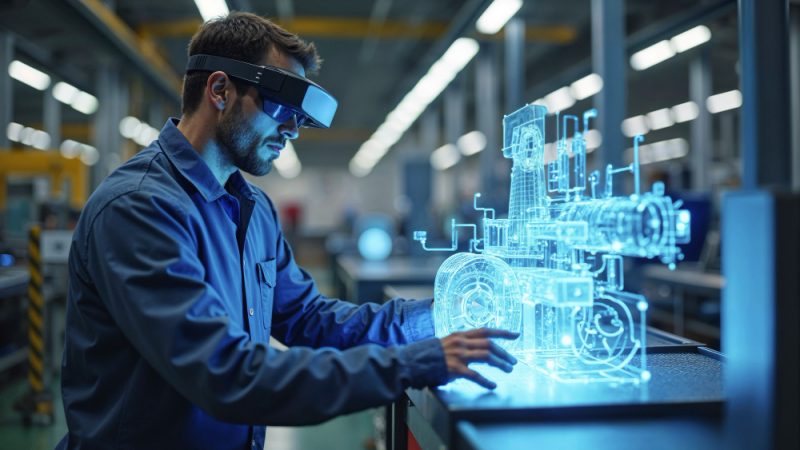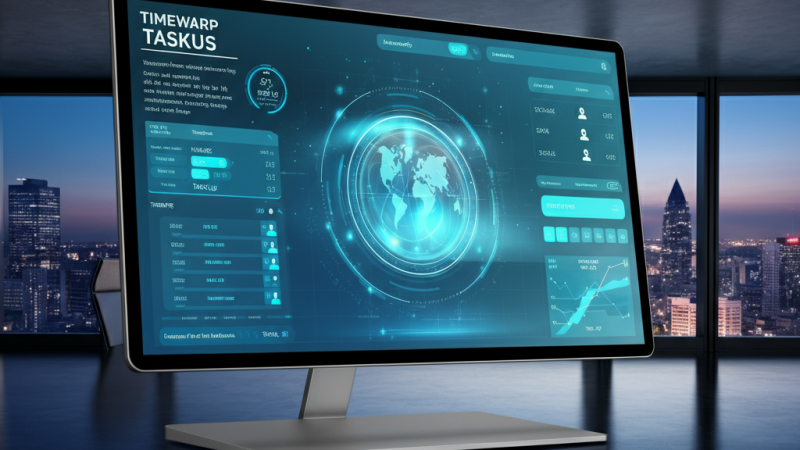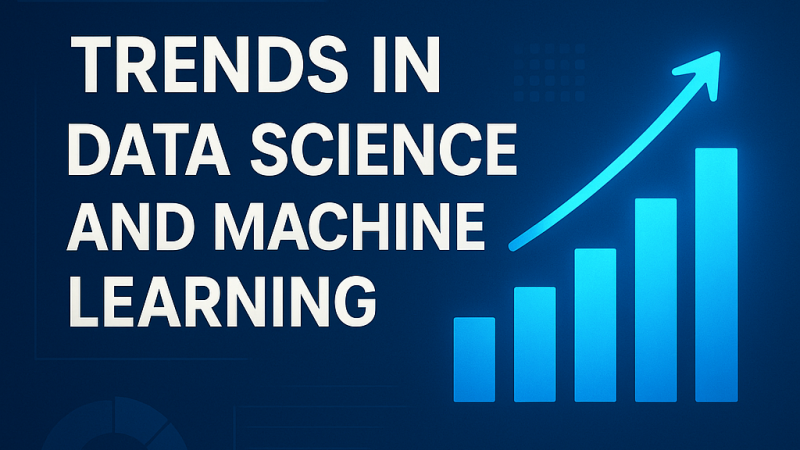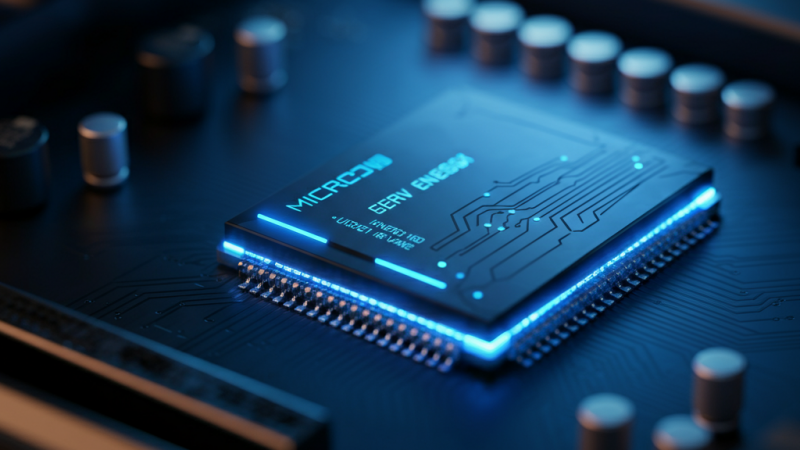Pros and Cons of Using AI In the Construction Industry
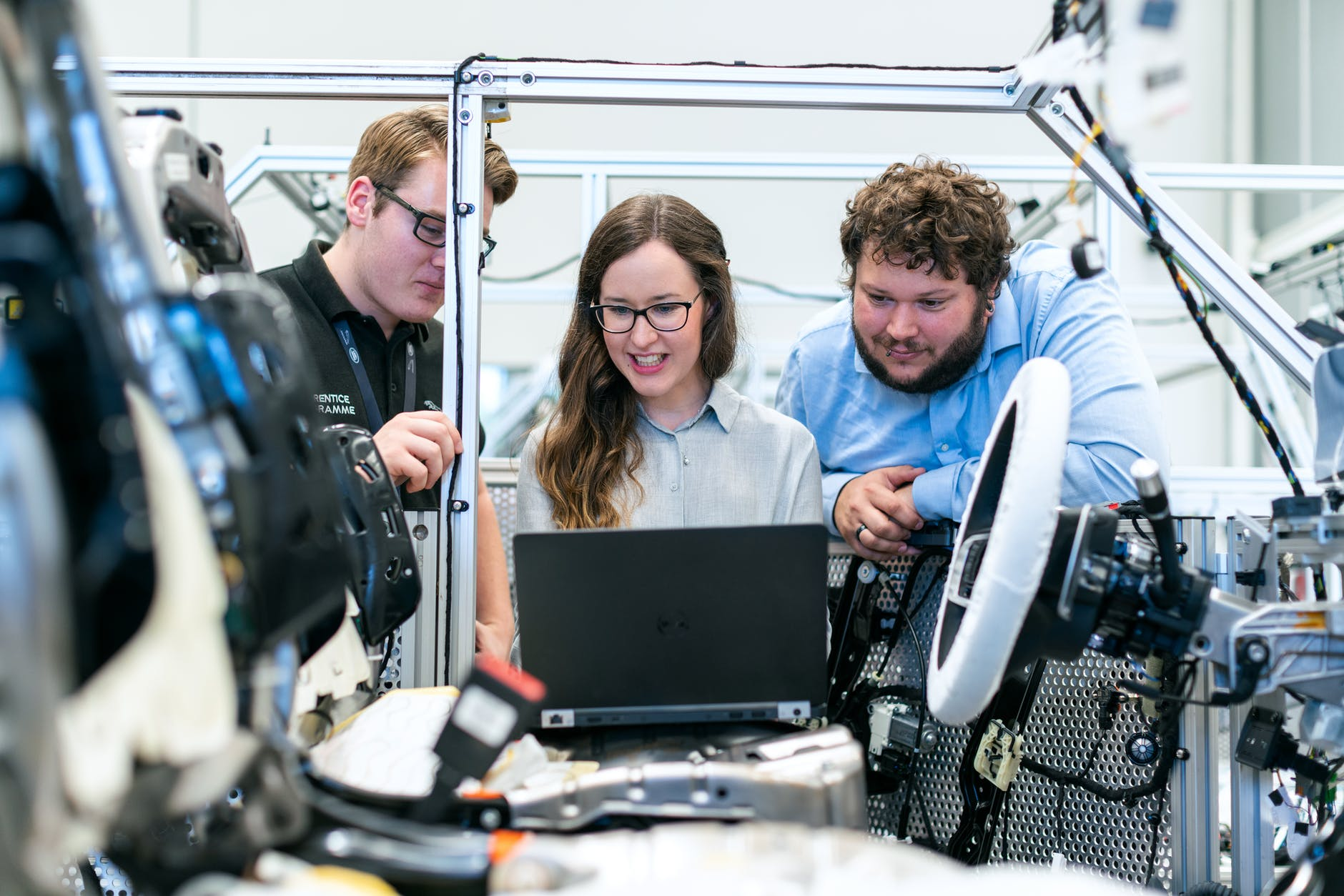
Artificial intelligence in the construction industry is not something that you expect to see every day. Regardless, leaps in technology at the construction site allow for better optimization of workflow and more efficient use of materials. However, while automation and robots can sound futuristic, it’s not all fun and games.
Depending on the business, you will experience several ups and downs from using AI in your construction business. If you’re considering adding AI-powered systems to your site, you need to know everything first. Here are the pros and cons of using AI in the construction industry and how you can turn them all into an edge for you.
Pro: AI Can Reduce Workplace Injuries
One of the most practical AI applications in the construction industry is the replacement of humans on the construction site. As we know, construction and engineering sites are some of the most dangerous locations in the world. Unfortunately, workplace injuries are commonplace, and replacing humans with AI-powered robots should resolve this problem.
Robots programmed correctly can do what most humans can do and even more. They can haul cement, mix concrete, set up and shape steel rebar, and even move around materials properly. Robots will also learn from the construction site’s interactions and understand the most optimal ways to do the job.
Automation’s original design was to improve the productivity of the construction site. Then again, being able to run robots instead of humans can save lives over time. Making the construction site a safe place for humans makes the addition of artificial intelligence useful for everyone.
Con: It Can Be Expensive
One crucial issue that makes most businesses hesitate with artificial intelligence and associated devices is the cost. Maintaining a robot and these types of devices can be quite expensive, and they require significant overhead before you can afford them. Depending on the types of projects that you have, their return on investment can take a while.
Maintenance of these robots also takes time and resources, especially both on hardware and software. For hardware, you would need to replace parts consistently, especially for machines that require heavy-duty handling. As for software, consistent firmware updates, and improvements to their machine learning capabilities.
Another issue is that many of these machines take specialized skills to maintain. Professionals with robotics or electrical engineering background are needed to perform the maintenance. You would likely need to pay for such a professional level of service as well.
Pro: It Can Reduce Cost Overruns
One strong case for AI in the construction industry is its ability to improve efficiency and prevent cost overruns. In many construction projects, managers tend to go over budget almost every time. As a result, cost overruns go for as much as 16%, especially for mega builds that take time and effort to create.
Artificial neural networks allow for easier problem-solving, utilizing complex mathematics to allow for pattern recognition, clustering, dimension reduction, and visualization. They can also help predict cost overruns using several factors, including the date of the project, size, competence of leadership, and more.
Historical data will also be accounted for, especially for start and end dates to create a realistic timeline. It also helps staff understand the most crucial stages of the projects and teaches them the necessary skills for the construction process. This can reduce the onboarding process for the team and help deliver the project close to the budget.
Con: It Can Result In Layoffs
For the longest time, construction workers have feared that they will be slowly phased out by machines. The application of practical artificial intelligence becomes an existential threat to the people who are trying to do their jobs and the possibility of replacement is as real as it can be.
Widespread layoffs are part of the system but experts predict that there will be changes to that in the near future. For starters, many construction workers who usually do manual labor are predicted to become robot operators and maintenance teams. This will help them keep their jobs and even make more than it phases out.
Regardless, construction workers in jobs that artificial intelligence can phase-out need a significant retooling of their skills. Most workers know how to work with their hands but AI requires learning more technical skills, as well as additional soft skills to coordinate AI-powered projects.
Pro: AI-Powered Robots Never Get Tired
Artificial intelligence machines and devices are some of the best and most reliant products when it comes to repetitive tasks. With that said, they also never get tired and they never need breaks, holidays, sick days, lunch periods, or even wages. This gives construction sites with repetitive work an advantage in terms of cost and timeline.
With the right maintenance and programming, an entire fleet of robots and AI-powered machines can complete everything with just a few people handling overseer duties. Engineers and project managers can design the entire work process and let it run continuously without fail.
The advantage of workers lacking breaks is apparent if it is applied to machines that don’t know how to stop. 24/7 production can help achieve tight deadlines and let operators do more complex tasks rather than tiresome chores.
Cons: Decisions Made By AI Don’t Have Human Touch
The speed and efficiency of artificial intelligence can be intriguing for executives and decision-makers, especially in the construction industry. Every percentage of increase in production is not only an improvement in cost overruns but efficiency in the timeline as well.
Decision-making artificial intelligence can help weigh metrics and decide on crucial elements like employment, promotions, and many more. Such AI can be ruthless in its decisions, removing the value of human touch in the process. This can become detrimental to the organization, especially big corporations who see construction sites as numbers and charts.
In the construction industry, the loss of human touch in decision-making can result in bad policies. Left unchecked, construction teams will experience a loss of mobility. Long-term members of the team may look unproductive to the AI and make more wrong decisions with more data.
Final Thoughts
Is artificial intelligence right for the construction industry? AI has a variety of different benefits. When used right, it can offer long-term improvements over cost, as well as timelines. Then again, organizations need to keep everything in check.
Those who are looking to take advantage of AI-powered devices can weigh if the pros and cons of either are right for them. This should give organizations a good idea of how they can make the most out of the many wondrous applications of AI in construction and beyond.

